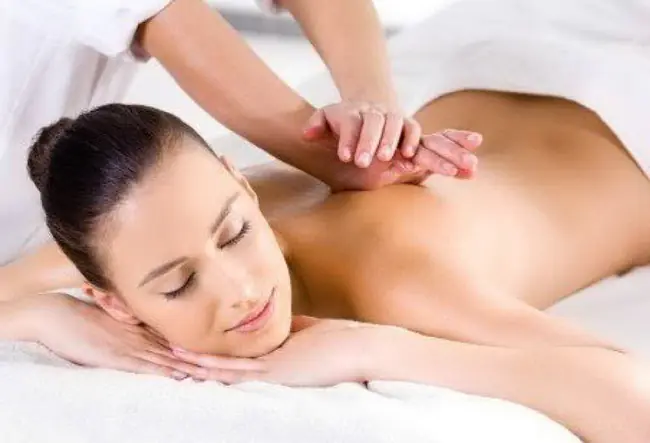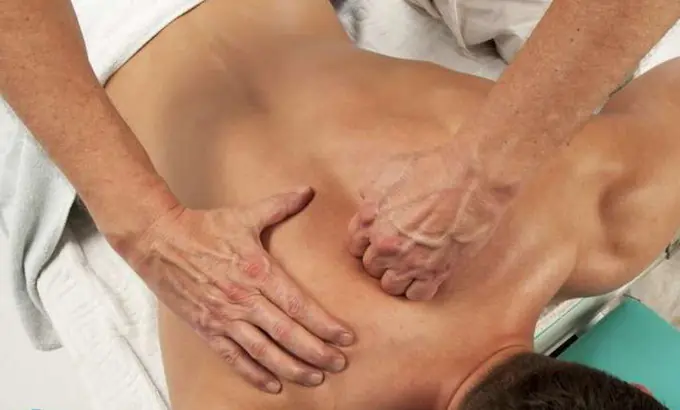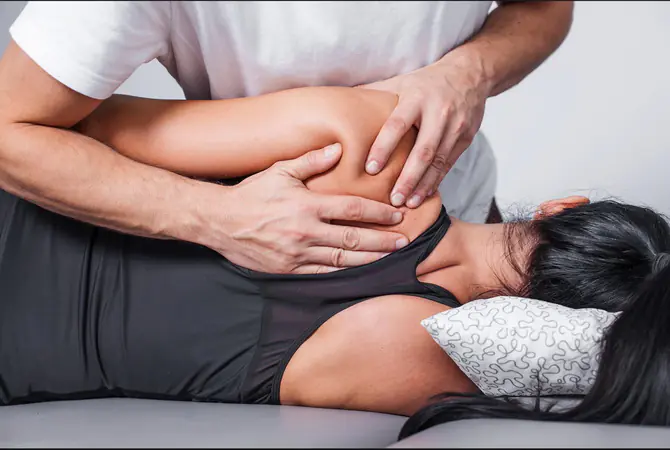A commendable massage has the remarkable ability to induce either deep relaxation or invigoration. Undoubtedly, this is an important component of self-care that is looked forward to. There are many options in the massage industry, which leads to the difficult task of choosing the one that best suits individual needs. The variety of massage techniques and pressure levels requires a comprehensive understanding to optimize the process.
Deep tissue massage and sports massage are two common treatment options. However, identifying the differences between these seemingly similar treatments often leads to confusion.

Both deep tissue massage and sports massage use similar techniques, characterized by targeted, deep, measured strokes, kneading, and circular movements. Their common goal? Relieving muscle tension. It is noteworthy that these types of massage, characterized by their intensity, stand in stark contrast to the soothing movements of a Swedish or hot stone massage.
Despite these parallels, significant differences emerge that open the way to distinction. Personal lifestyle considerations play a key role in determining which option is more suitable.
To clarify the choice between deep tissue massage and sports massage, it is necessary to study each of them.
How to make your own massage oil? We have the best recipes.
Read about kneading, the main technique in massage, in this article.
What is deep tissue massage?
Deep tissue massage penetrates beneath the surface to relieve muscle tension by eliminating knots and disruptions in the connective tissues that line joints and muscles. This exploration, deeper than superficial condescension, is akin to untangling the tenacious lever of a tense shoulder.
Unlike the gentle, soothing strokes used in a relaxation-oriented massage, a comprehensive deep tissue massage targets the deeper layers of the muscles. It provides gentle, steady pressure, effectively unraveling stubborn shoulder knots.

This approach helps improve blood circulation in the joints and connective tissues, thereby relieving tension in tense muscles. Ideal for people who don't have specific problem areas but want comprehensive stress relief, this massage effectively addresses the overall burden of body stress. Tension often persists, preventing attempts at self-soothing.
In addition, deep tissue massage has been shown to be effective in treating chronic pain. In response to pain, muscles contract defensively. Massage removes this defensive posture, promoting relaxation. The resulting calm not only relieves pain, but also alleviates the anxiety that often accompanies chronic pain sufferers.
This massage is recommended for people experiencing:
- Pervasive muscle tension
- Increased levels of anxiety or stress
- Conditions such as sciatica and fibromyalgia
- Chronic pain
- Limited mobility
- In contrast, sports massage, while popular among athletes for its injury prevention and enhanced recovery, extends its benefits to anyone who leads an active lifestyle.
What is sports massage?
A sports massage therapist focuses on the manipulation of soft connective tissues—tendons, ligaments, and muscles. What is the goal? Reduce stress and minimize sports injuries. They skillfully address common sports-related ailments such as pulled hamstrings or torn ligaments, promoting healing and relieving discomfort.
Unlike broad deep tissue massage, which covers the entire body, sports massage targets specific problem areas or overused muscle groups. Whether you're basking in the glory of marathon victories or sweltering from the rigors of a sedentary lifestyle behind a desk, therapeutic sports massage is a treatment for stressed and congested areas of the body.

Often, sports massage only targets a specific area, such as the legs.
People seeking the following benefits will find solace in sports massage:
- Preparing and recuperating for strenuous activities
- Reducing the risk of sports-related injuries
- Reducing discomfort caused by repetitive movements
- Improved posture and flexibility
- Accelerating recovery after physical activity
What is the outcome: deep tissue massage or sports massage?
To summarize, the choice between deep tissue massage and sports massage depends on individual needs and circumstances. Deep tissue massage is optimal for relieving general pain and tension, while sports massage is excellent for treating sports-related injuries and chronic soft tissue sprains.
Given the interaction and potential duplication of these techniques, consultation with a qualified massage therapist is invaluable. These practitioners provide a personalized massage experience tailored to your unique concerns and aspirations. Whether you choose a sports massage or a deep tissue massage, the skill of the therapist ensures maximum benefits.



